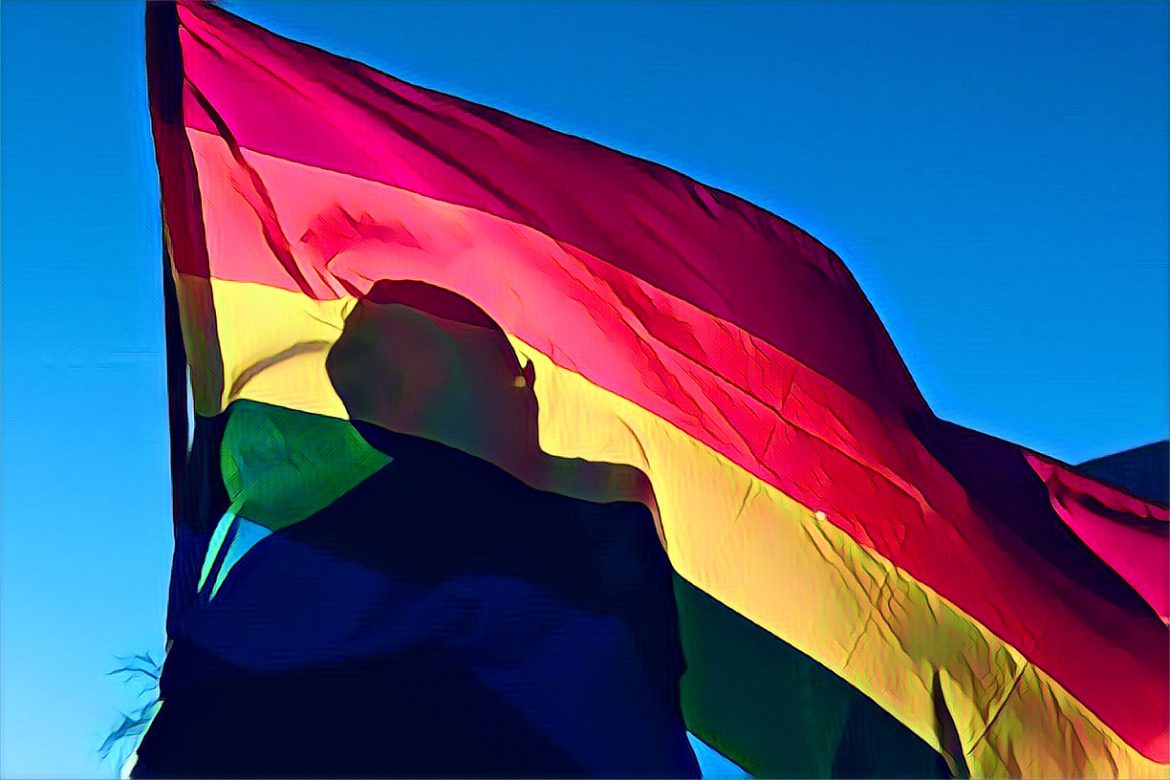Ghana’s Parliament has recently taken a significant step in shaping the country’s legal stance on LGBTQ+ rights by approving a bill that strictly limits lesbian, gay, bisexual, and transgender (LGBT) activities. This legislation, often referred to as the anti-LGBT bill, aims to bolster human sexual rights and family values within Ghanaian society by criminalizing the promotion, advocacy, and funding of LGBT activities. The bill’s approval has sparked a national and international conversation about human rights, freedom of expression, and the role of legislation in regulating morality and private life.
Under the provisions of the newly approved law, individuals found engaging in LGBT activities could face incarceration for periods ranging from six months to three years. Additionally, those who promote, sponsor, or advocate for such activities face harsher penalties, with potential imprisonment ranging from three to five years. This legislative move represents a significant escalation in the legal efforts to deter LGBT activities in Ghana, where gay sex was already punishable by up to three years in prison.
The legislation underwent careful scrutiny and amendments before its passage. Samuel Nartey George, the bill’s lead sponsor, proposed changes to specific clauses concerning the editorial policies of media organizations. These amendments aimed to align the bill with Article 12 of the 1992 Constitution, which ensures freedom of the media. The Parliament accepted these modifications, indicating a nuanced approach to balancing legislative objectives with constitutional freedoms.
However, not all proposed amendments found favor with the legislative body. Alexander Afenyo-Markin, the Majority Leader, suggested a motion for clause 12, addressing the funding of LGBT activities, to undergo constitutional scrutiny. The House rejected this motion, reflecting the Parliament’s firm stance on the issue.
The bill’s passage has not been without its critics. Just a day before the Parliament’s decision, Professor Audrey Gadzekpo, Board Chair of the Ghana Center for Democratic Development (CDD-Ghana), appealed to President Nana Addo Dankwa Akufo-Addo to refrain from signing the bill into law. She argued that human rights should not hinge on majority approval or disapproval, emphasizing Ghana’s status as a secular and multi-religious nation. Her statement underscores the deep divisions and passionate debates surrounding the bill.
The legislation now awaits the President’s signature to become law, a step that would further entrench the country’s legal opposition to LGBT rights. This development is part of a broader trend seen in various countries where laws are being enacted to restrict LGBT activities, sparking debates about human rights, societal values, and the role of government in regulating personal life and morality.
Ghana’s anti-LGBT bill has drawn attention not only for its direct implications on the LGBT community but also for its potential impact on freedom of expression and civil liberties more broadly. The inclusion of provisions that criminalize the promotion and funding of LGBT activities raises concerns about the suppression of advocacy and support for human rights. These concerns are particularly poignant in a global context where the rights and protections afforded to LGBT individuals are seen as benchmarks for democratic freedoms and human rights.
As Ghana navigates this complex legislative landscape, the international community watches closely. The country’s approach to handling this sensitive issue reflects broader tensions between traditional values and human rights advocacy. The enactment of this bill into law would mark a significant moment in Ghana’s legal history, potentially setting a precedent for how similar issues are addressed in other countries with comparable cultural and legal contexts.
The debate surrounding the anti-LGBT bill in Ghana highlights the ongoing global conversation about the intersection of law, human rights, and societal values. As nations grapple with these issues, the outcomes of such legislative efforts will likely influence international human rights norms and the global dialogue on the rights of LGBT individuals. The situation in Ghana serves as a reminder of the diverse and often conflicting perspectives that exist on this issue and the challenges of legislating in areas deeply intertwined with personal identity and societal norms.
Source: Graphic Online





2 comments
Thanks for sharing. I read many of your blog posts, cool, your blog is very good.
Can you be more specific about the content of your article? After reading it, I still have some doubts. Hope you can help me.